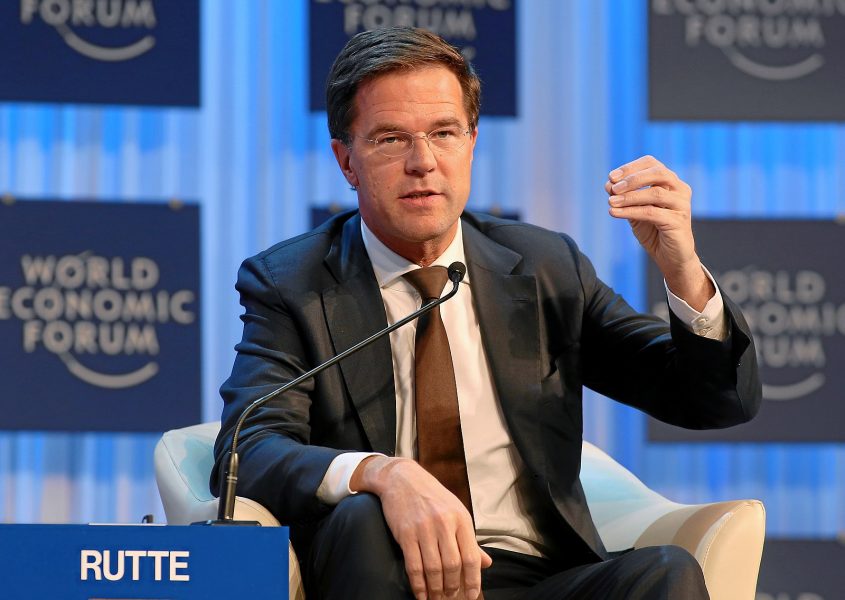Dutch PM, Mark Rutte, apologies for the Netherland’s part in the slave trade

Elizabeth Barber discusses the recent apology from Dutch Prime Minister, Mark Rutte, regarding the Netherland’s role in the slave trade.
One-hundred and sixty years after the Netherlands became one of the last European countries to abolish slavery, Dutch Prime Minister Mark Rutte apologised for his country’s role in the transatlantic slave trade.
The announcement follows the findings of a national advisory panel created in the wake of George Floyd’s murder in 2020. The panel concluded that Dutch participation in the slave trade was a crime against humanity that merited a formal apology and financial reparations. The Dutch government announced the creation of a €200 million fund to increase “awareness, involvement and follow-up” about the Netherlands role in slavery, but ruled out reparations.
The panel concluded that Dutch participation in the slave trade was a crime against humanity
The Netherlands was one of several European countries that participated in the transatlantic slave trade. Between 1596 and 1829, the Dutch transported about half a million African people across the Atlantic and shipped about a half million enslaved people to colonies in Dutch Guiana. The Netherlands was also one of the last nations to abolish slavery in 1863, although enslaved people in Suriname were only fully freed in 1873 due to the legally mandated 10-year transition. The Netherlands reaped the financial benefits of slavery – by the 1770s, slavery accounted for more than 10% of the GDP of Holland.
The Dutch transported about half a million African people across the Atlantic and shipped about a half million enslaved people to colonies in Dutch Guiana
Rutte’s apology has been met with mixed responses in the Netherlands and former Dutch colonies. Several citizens of former colonies have criticized the apology and the manner of its delivery as reminiscent of colonialist attitudes, due to the lack of consultation and input from descendents of enslaved people.
Campaigners have also argued that an apology should come from the Dutch royal family due to their ancestors’ role in the slave trade. King Willem-Alexander of the Netherlands recently commissioned an independent investigation into the role of the royal family in Dutch colonialism from the 16th century to the present day, however the findings will not be reported until 2025.
Other Dutch institutions have issued apologies over the past year for their role in the country’s colonial past. The Dutch bank ABN Amro apologised for their role in the slave trade, plantation slavery and for trading products that originated in slavery. The Dutch central bank have also apologised for their role in the slave trade and announced a €10m fund to reduce the “contemporary negative effects of 19th-century slavery.”
Netherlands has joined Denmark, France, the UK and the European Parliament in apologising for their role in the slave trade or officially recognising it as a crime against humanity. While these apologies are an important first step, many view reparatory justice as the only way to redress the horrors of colonialism and the slave trade. After the abolishment of slavery, countries including the Netherlands, the US, France, Denmark and the UK compensated former slave owners for their ‘loss of property’. None have paid any reparations to former colonies or the descendants of enslaved people.


